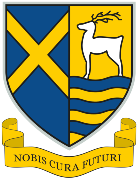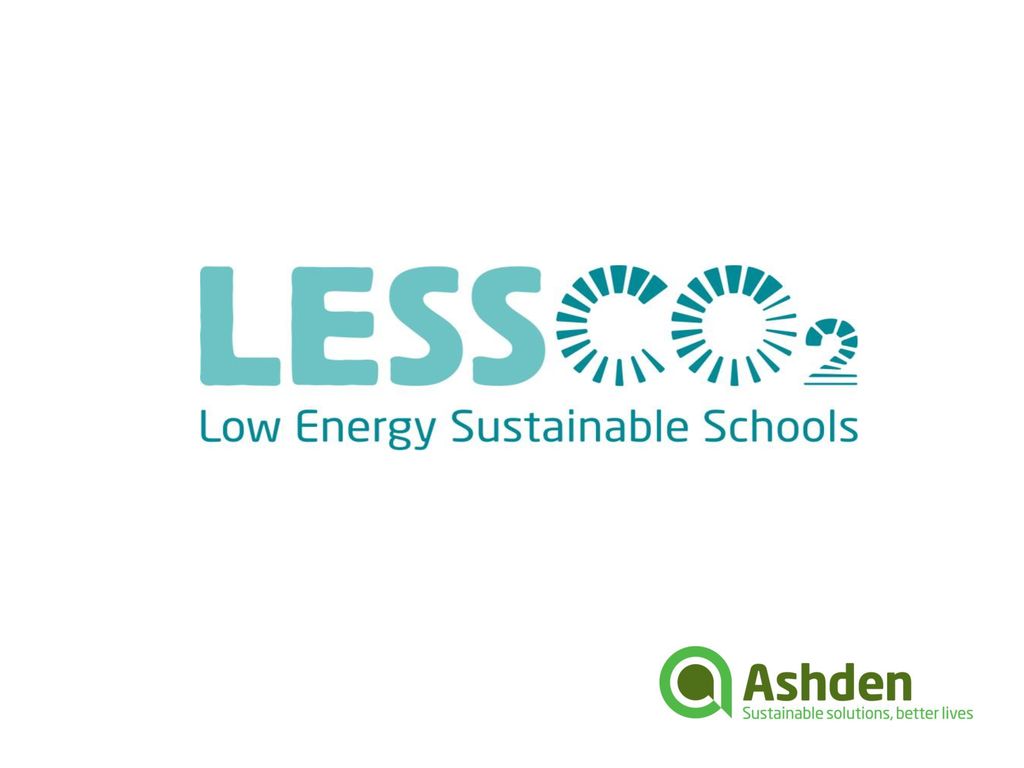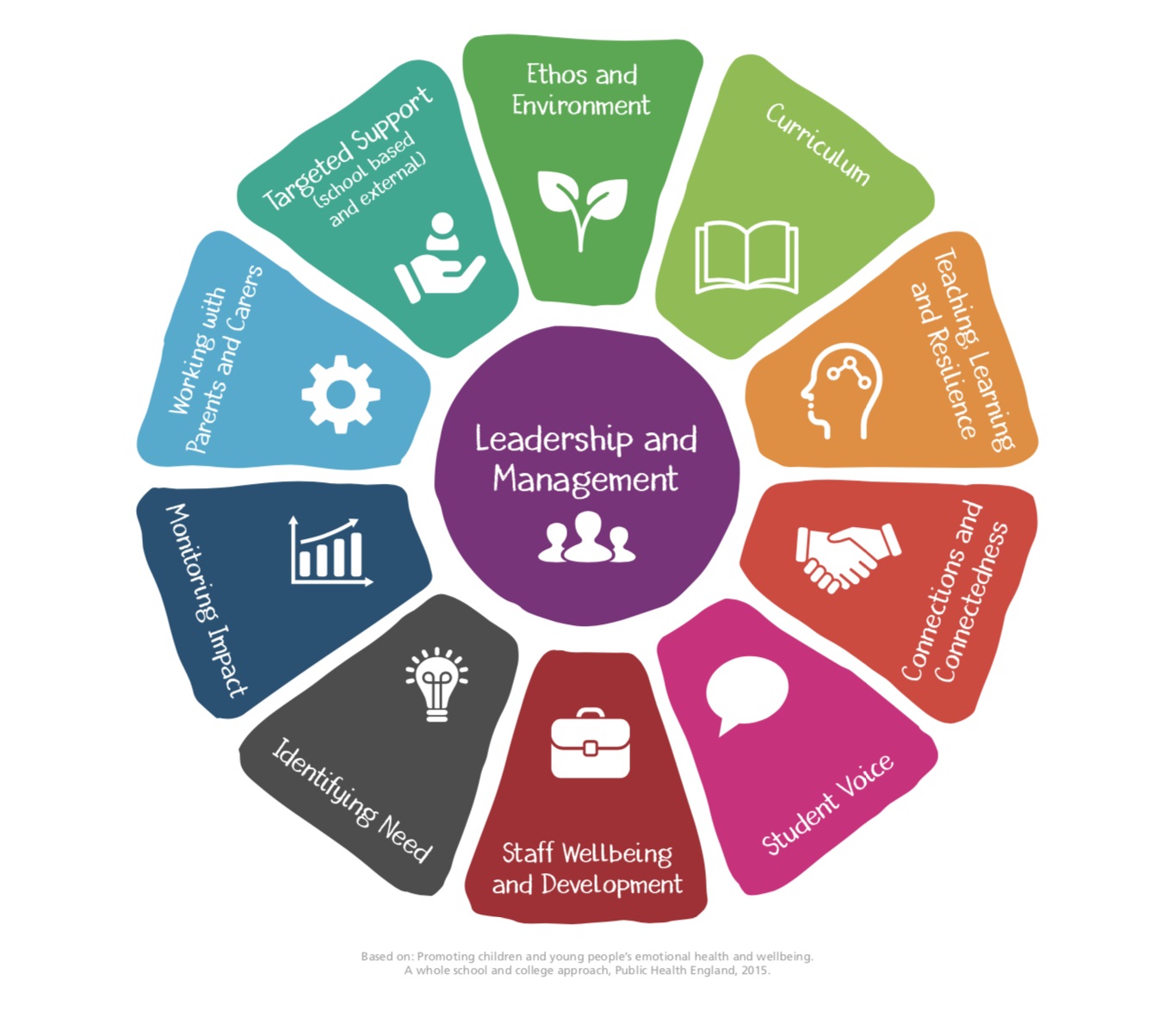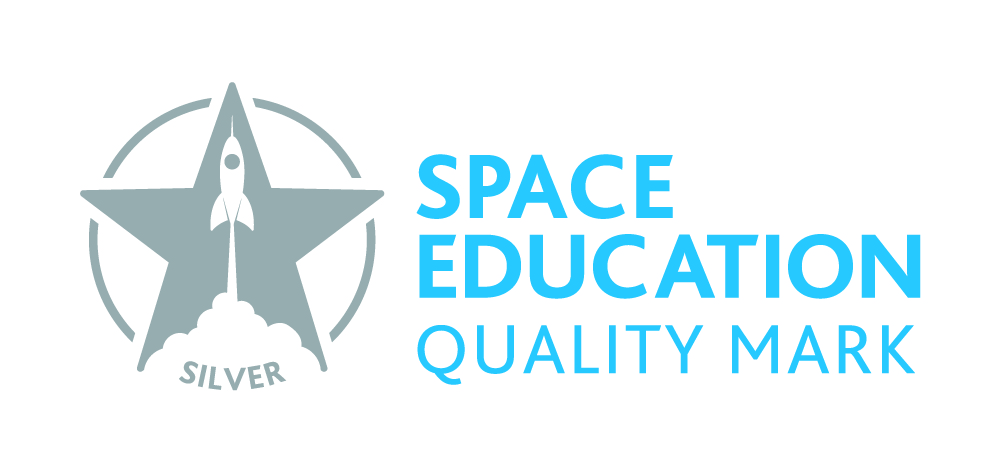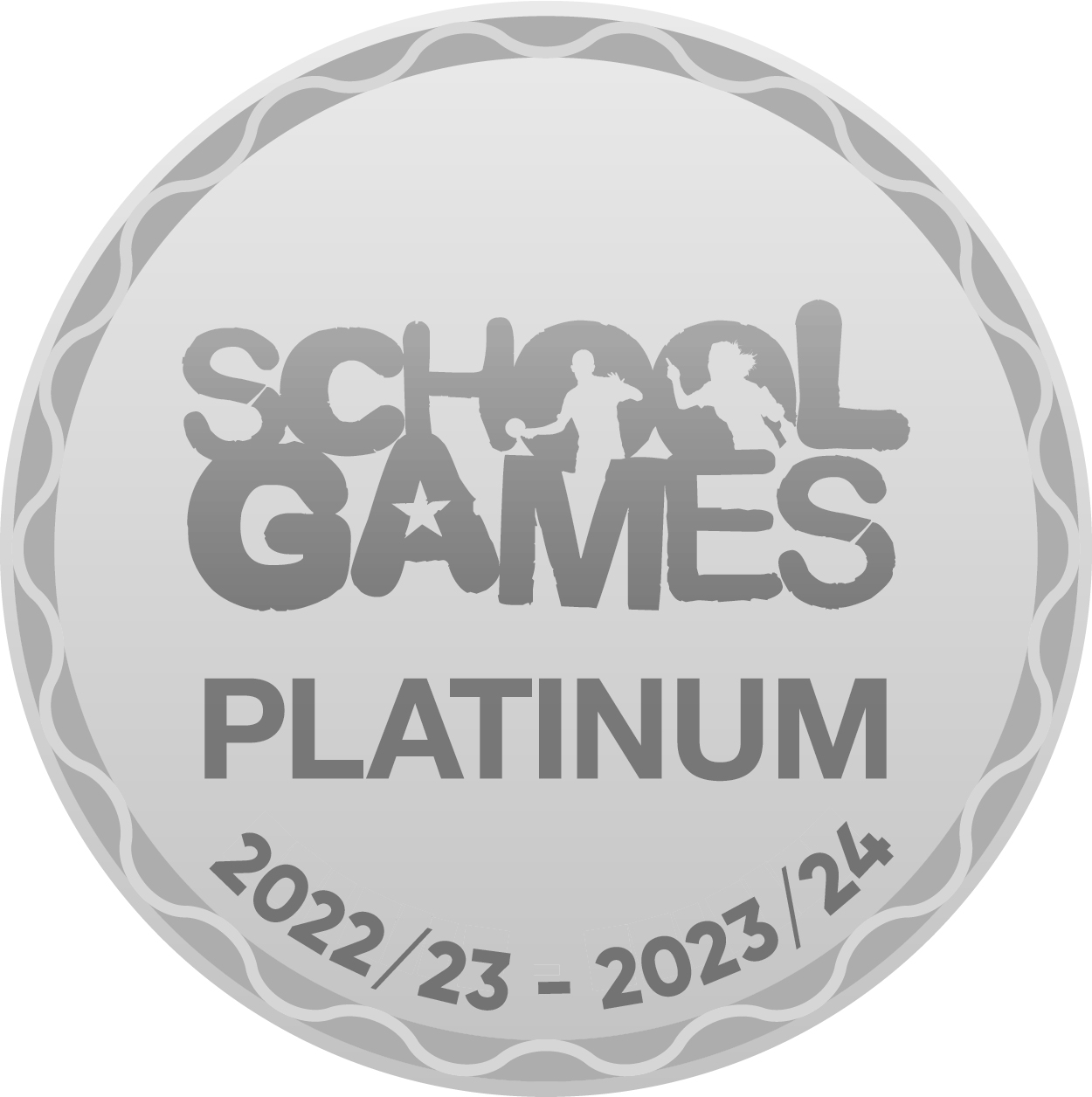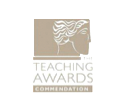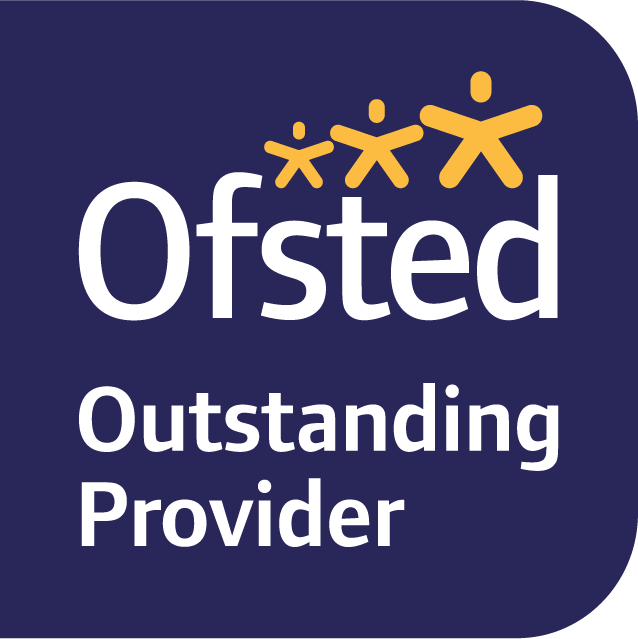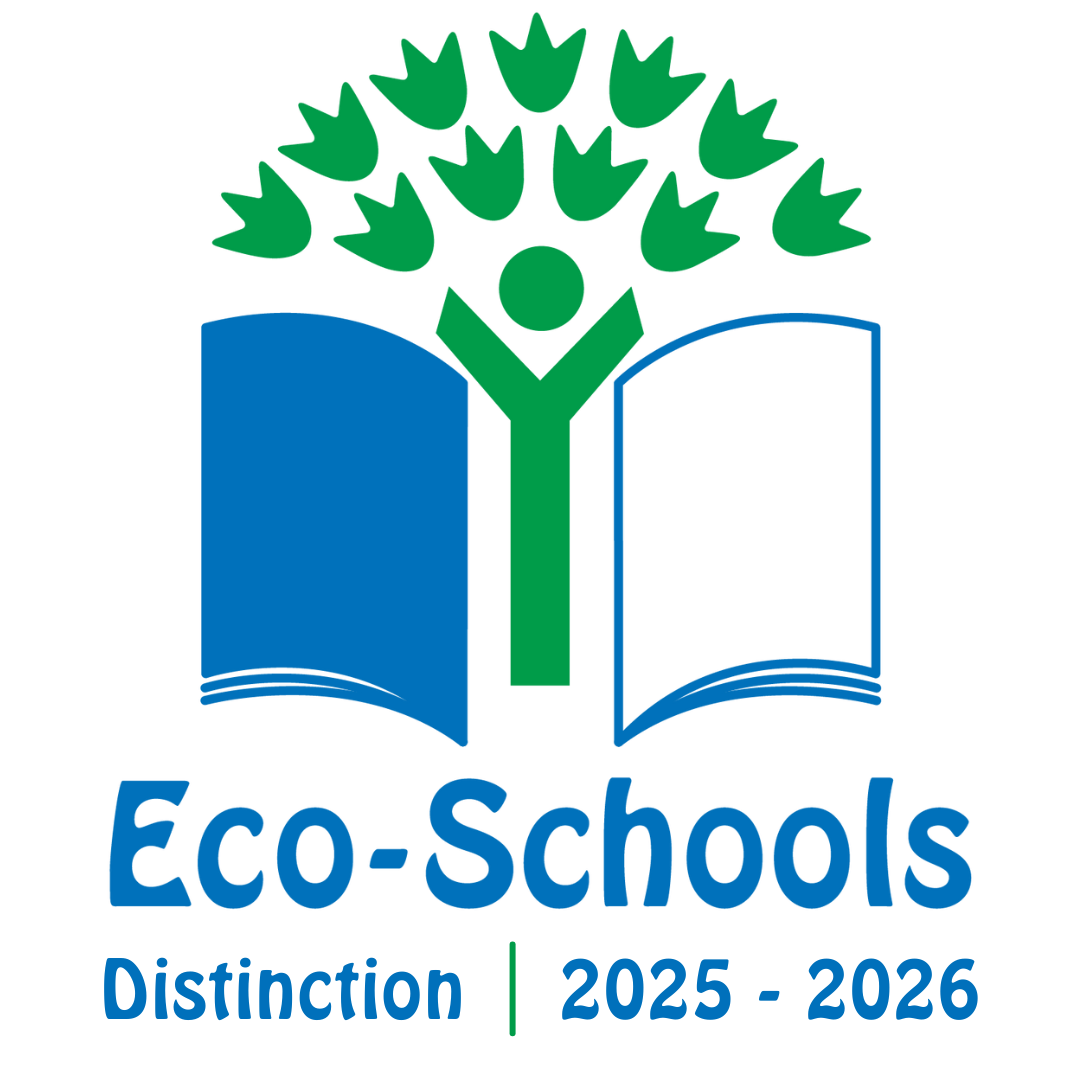Food & Nutrition
Subject information can be viewed below:
GSE Food Preparation & Nutrition
Curriculum Intent and Overview
The curriculum covers a wide range of opportunities which run alongside a rich extra-curricular timetable. This includes both creative and STEM elements. Students are extremely proud of their achievements, and they really value the supportive nature and encouragement the department gives them. The curriculum develops and promotes:
- A love for creativity and design
- Critical and lateral thinking, and problem solving
- Independent learning, and transferable skills
ADT Strategy
Curriculum Leader: Mrs C Draper
Exam Board: AQA
Specification Number: 8585
What will be studied?
This is a new and exciting opportunity to study food. Students will learn practical skills to make creative and delicious products that are good for the planet too. In addition to skills, students will study fascinating science behind their cooking, explore practical solutions to develop healthy and nutritious meals and learn about where food comes from and its environmental impact.
Learning Methods
Students will experience a range of learning opportunities:
- Focused practical sessions to develop new technical skills
- Investigating how different ingredients can enhance and improve products
- Food tasting to sharpen our visual, tasting and sensory skills
- Experimenting independently and in teams
- Developing new recipes and menus to solve health and lifestyle challenge
How is the course assessed?
There are two non-examined assessment tasks worth 50% of the GCSE.
- A food investigation task (20%) and
- an exciting practical task (30%) where students will prepare, cook and present their creative menu of 3 products.
There is a written exam which includes a series of multiple choice questions and 5 longer questions. It is worth 50% of the GCSE.
What websites are recommended?
BBC Bitesize
AQA for past papers
What equipment is needed?
An apron, relevant project ingredients specified by teacher when applicable.
Level 3 Diploma Food Science & Nutrition
Curriculum Intent and Overview
ADT Strategy
This course is equivalent to one A Level
Exam Board: WJEC
Specification Number: 4563QD
An understanding of food science and nutrition is relevant to many industries and job roles. Care providers and nutritionists in hospitals use this knowledge, as do sports coaches and fitness instructors. Hotels and restaurants, food manufacturers and government agencies also use this understanding to develop menus, food products and policies that support healthy eating initiatives. Many employment opportunities within the field of food science and nutrition are available to learners who have studied Food Science and Nutrition.
What will I study?
You will complete three units: two mandatory and one optional, over the two years. The first mandatory unit: Unit 1 Meeting nutritional needs of specific groups will enable you to demonstrate an understanding of the science of food safety, nutrition and nutritional needs in a wide range of contexts, and through on–going practical sessions, to gain practical skills to produce quality food items to meet the needs of individuals. The second mandatory unit: Unit 2 Ensuring Food is Safe to Eat will allow you to develop your understanding of the science of food safety and hygiene; essential knowledge for anyone involved in food production in the home or wishing to work in the food industry. Again, practical sessions will support the gaining of theoretical knowledge and ensure learning is a tactile experience.
What skills will I develop?
You will build on and extend your practical food preparation skills and also each unit within the qualification has an applied purpose which acts as a focus for the learning in the unit. The applied purpose demands authentic work related learning in each of the available units. It also requires you to consider how the use and application of your learning impacts on yourself, other individuals, employers, society and the environment. The applied purpose will also enable you to learn in such a way that you develop:
- skills required for independent learning and development
- skills to ensure your own dietary health and well being
- a range of generic and transferable skills
- the ability to solve problems
- the skills of project based research, development and presentation
- the ability to apply mathematical and ICT skills
- the fundamental ability to work alongside other professionals, in a professional environment
- the ability to apply learning in vocational contexts.
How will I be assessed?
The WJEC Level 3 Diploma in Food Science and Nutrition is assessed using a combination of internal and external assessment.
- Unit 1 and Unit 2 are assessed through external assessments (examinations)
- Unit 1 exam is usually taken at the end of Year 12 and Unit 2 is taken between 1 May – 1 June in Year 13
- Unit 3 or Unit 4 are assessed internally: you will need to respond to a set assignment brief at any time within the academic year, which will be marked by your teacher and moderated by WJEC
Careers with Level 3 Diploma in Food Science and Nutrition
Together with other relevant qualifications at Level 3, such as AS and A levels in Biology, Chemistry, Sociology and Maths and/or Level 3 qualifications in Hospitality or Science, learners will gain the required knowledge to be able to use the qualification to support entry to higher education courses such as:
- BSc Food and Nutrition
- BSc Human Nutrition BSc (Hons)
- Public Health Nutrition BSc (Hons)
- Food Science and Technology
What equipment is needed?
A lever arch folder with dividers for the theory element of the course.
Basic practical resources for Year 12 and 13 will be provided by the school. Ingredients for food practicals and experiments would need to be provided by students.
